If you recycle plastic, you may think you're doing enough to protect the environment. It may shock you to hear that only 9% of the World's plastic actually gets recycled!
With 8 million metric tons of plastic going into oceans each year, it's clear recycling alone simply isn't enough - we need to reduce plastic use worldwide.
This may seem like a mighty challenge, but a little goes a long way, and you can make a difference by making small alterations to your daily lifestyle.
Ready for the challenge? Learn how to reduce plastic use for a more environmentally-friendly you with our tips below!
1. Get yourself a reusable water bottle
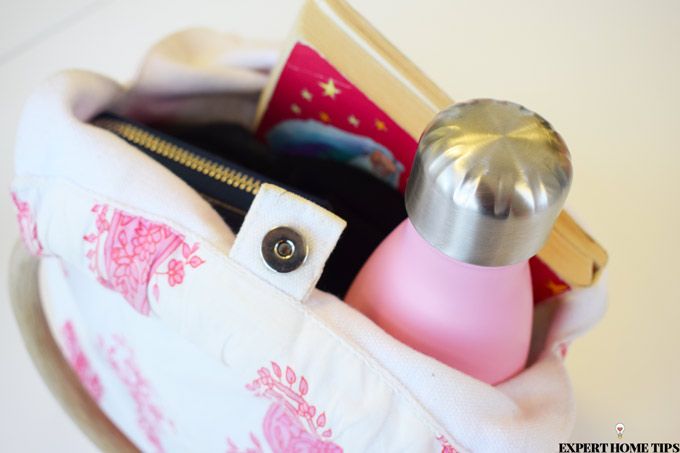
One million plastic bottles are sold every minute worldwide.
Buying a drink on-the-go is something we pay little thought to, but the collective consequences can be devastating.
It's time to make a change!
Instead of buying bottled drinks when you're out and about, opt for cans or drinks in cartons. Or, better still, invest in a stainless steel, reusable water bottle. It'll last you years, and by taking a drink from home, you'll save money too - all those pounds and pennies soon add up!
Don't throw all those used water bottles away - read our clever ways to reuse plastic bottles for some truly genius ideas!
2. Bag 4 Life
Since the plastic bag charge came into play, the amount of single-use plastic bags has decreased dramatically. However, it seems we now have another problem - we're buying excessive amounts of Bags 4 Life!
Whilst these are better for the environment as they last longer, it's important to remember most are still made of plastic.
If you seriously want to reduce plastic use, opt for canvas Bags 4 Life. 100% cotton bags are much more environmentally friendly, and not only that, but they'll last longer and look chicer too.
Who knew going plastic-free had so many additional perks?
If you have lots of old plastic bags hanging around, don't throw them out. Check out our exciting uses for plastic bags instead for clever ways to reuse them.
3. Ditch the plastic straws
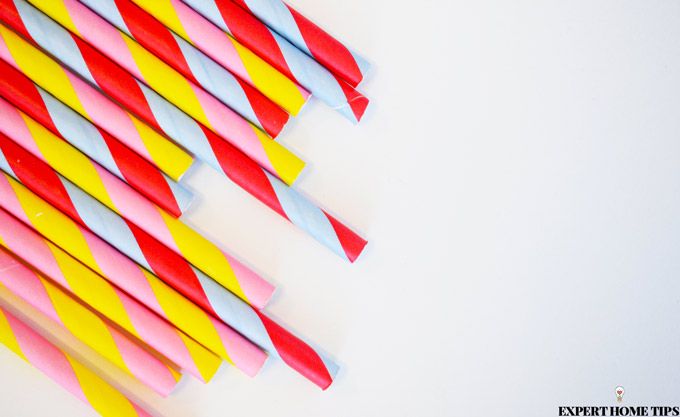
Plastic straws have been making the headlines a lot of late, and not in a positive way.
The UK alone uses a massive 8.5 billion straws every year, and as a result, they're one of the most common items found on our beautiful beaches.
Plastic straws are nothing more than a habit for most of us - we don't really need them.
We're challenging you to ditch your plastic straws. From now on, try sipping your drinks without one. If you really can't do without, get yourself some metal straws, which are reusable, or paper straws which biodegrade.
4. Get your milk delivered
It's time to talk about milk.
How many pints do you get through each week? Two, four, more? Every time you buy milk, pay a little thought to the material it's packaged in - plastic.
Whilst you'll struggle to find milk in bottles or cartons in supermarkets, there's somewhere you won't - with your local milkman.
Getting your milk delivered may seem like an archaic idea, but it's still readily available, and just as charming as ever. Plus, the bottles are made of glass, helping you to reduce your carbon footprint every day!
Head over to FIND ME A MILKMAN to make the switch today.
5. Buy loose produce
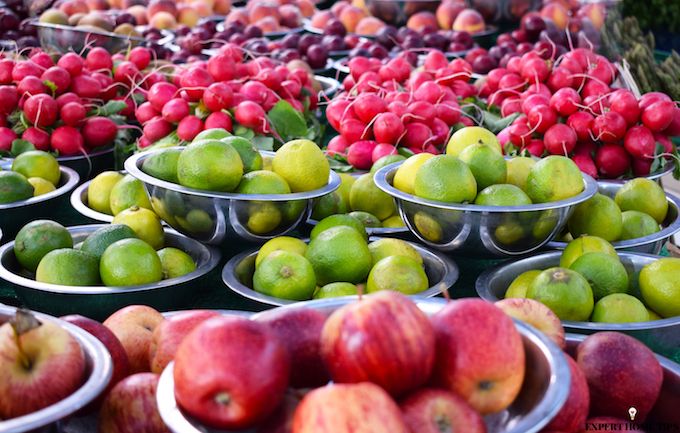
It's easy to grab for prepackaged fruit and veg in the supermarket, but next time you do, stop to consider: is this packaging necessary?
Often, it really, really isn't. Loose fruit and vegetables are often cheaper per kilo, and mean you can skip on the plastic.
Reduce plastic use every time you swap by picking your carrots, apples and satsumas by hand. The extra effort will pay off, both for your pocket and the environment.
6. Plastic-free toiletries
Remeber the good old days when you washed with a bar of soap? Your shower gel might look pretty, but it's another single-use plastic culprit.
It's time to go back in time and reconsider the humble bar of soap, not only for your body, but for your hair too.
Bars of soap have little-to-no packaging, and are often also much gentler on skin too. The trend of plastic-free toiletries has really caught on recently, and there are loads of wonderful options to choose from, including everything from organic and simple to glittery and colourful soaps.
7. Cling film alternative
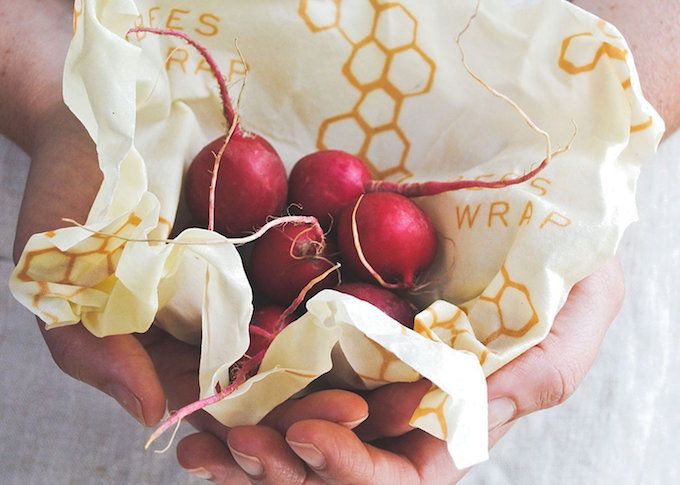
Wrapping up that last bit of chicken; taking sandwiches to work; covering a salad - let's face it, cling film is pretty convenient.
However, there's no escaping the fact it's also made of plastic, which means it's time to find an alternative.
Luckily, there's a new product on the market - beeswax wraps. Beeswax wraps are reusable, easy to clean, biodegradable and compostable, giving you all the benefits of cling film, without the environmental consequences.
Invest in a pack today and reduce plastic use in your kitchen.
8. Glass food containers
Whilst food containers aren't generally single-use, they do pose a problem - the majority of them are made of plastic, after all.
One of the easiest lifestyle changes to make when it comes to cutting down on plastic is swapping your plastic food containers for more eco-friendly versions. These include both plastic and glass options, or even bamboo varieties.
Keep your plastic containers for now, but next time you need to stock up, think of the environment before you reach for those of the cheap plastic variety.
9. Homemade cleaning products
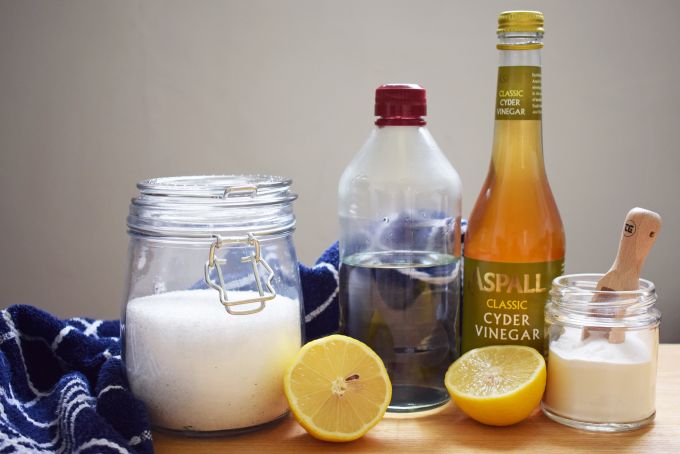
If you're a loyal supporter of Expert Home Tips, you'll know we're advocates of all things natural, and that includes homemade cleaning products.
Making your own cleaning products is often cheaper, better for the environment, and can also help you reduce plastic.
Vinegar is one of the most common ingredients in DIY cleaning products and usually comes in a glass bottle. Pick up an aluminium spray bottle to decant your cleaning products into, and you'll be able to clean plastic free.
10. Get a reusable coffee cup
Can you not imagine a world without your morning takeout coffee? Takeout coffee cups may appear to be made of paper, but they contain a very thin layer of plastic to make them waterproof - this often makes them unrecyclable.
The easiest way to get your caffeine fix without contributing to the World's plastic problem is to purchase a reusable coffee cup. These are available in a variety of sizes and designs, so you're sure to find something that's perfect for you.
Not only will this help to reduce your plastic use, but most coffee shops reward you for bringing your own cup, in the form of a discount.
11. Say no to plastic cutlery
With the rise of more takeout and delivery services such as Deliveroo and Ubereats, we're using more plastic cutlery than ever.
What was once a 'picnic thing' has become more of a regularity, and these single-use plastics are impacting our plastic-problem big time.
It's time to start saying no to plastic cutlery. When getting takeout food, consider whether you really need cutlery - if you're eating at home for example. When ordering, request to have no cutlery included, and instead, use your own.
If you eat on-the-go a lot, get yourself some compact, travel cutlery. This is easy to pop into your bag and means you'll never need single-use utensils again.
12. Tea time
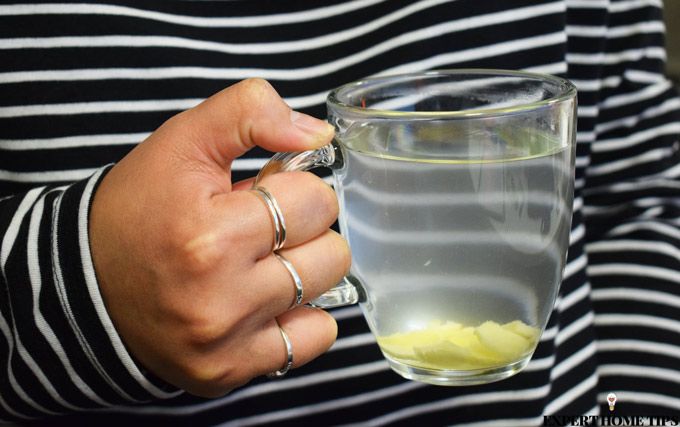
Whilst we're on the subject of hot drinks, it's time to turn our attention to tea.
It may surprise you to discover that lots of tea bags actually contain plastic in the form of polypropylene, used for sealing.
When it comes to having plastic-free tea, there are options. For a quick brew, biodegradable or compostable tea bags are your best - check your favourites brand's packaging for evidence of polypropylene. If you have more time on your hands, why not try loose leaf? These are often more potent and pure than other teas, and will help you not only reduce plastic, but food waste in general.
Do you have any clever ways to reduce plastic use? Share your tips with us in the comments below!
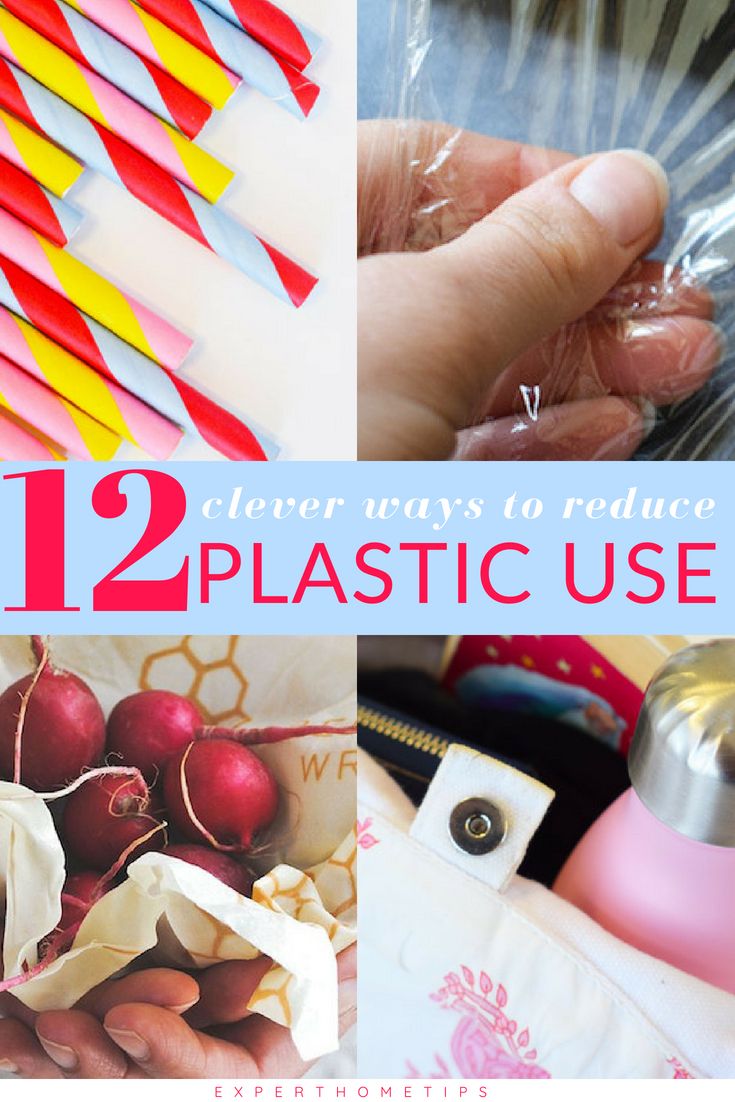
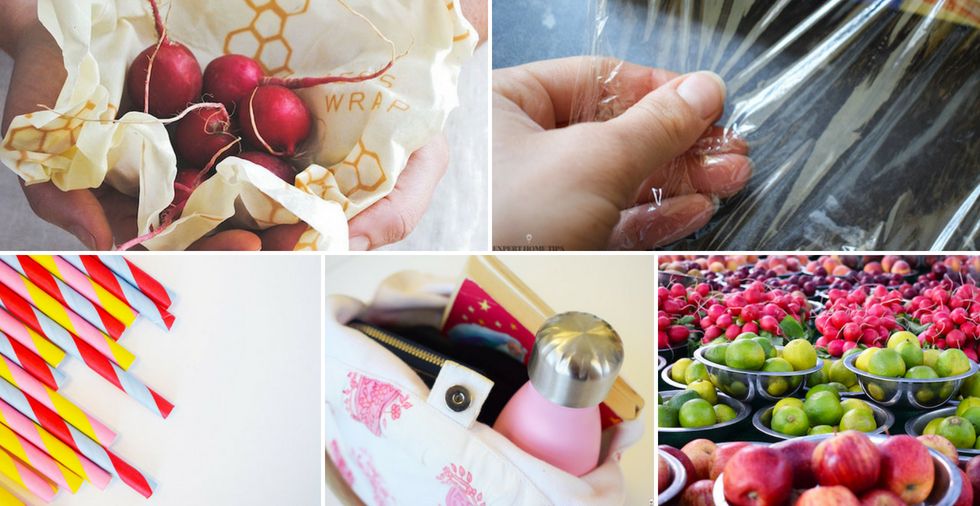
150 tons seems a very small amount. Is this a typo?
Hi George! Thanks for bringing this to our attention. We have now updated the post to say 8 million metric tons per year.
I agree with every think you say . we could save by not using plastic bottles for milk bring back the old milk man with glass bottles why use plastic Atal go back to soft drinks in proper bottles or cant they use carboard containers they do it with milk if plastic is such a problem .
We agree, Mervyn!
Soap is REALLY bad for your hair!!! Please don't use soap! However lush do do bars of shampoo which are a plastic free. Options instead
Hi Jo. The bar of "soap" we've linked to in the blog post is specifically for your hair! It's a shampoo bar, just like the ones at Lush. Sorry for the confusion!
I use my favourite shower gel as a hand wash in the bathroom decanting it into the soap dispenser. Using the same dispenser avoids plastic waste.
That's a great idea!
I prefer liquid soap as I find it gentler on my skin. I decant it into a container that turns it into foam which makes it more economical.
Hi Susan, That sounds like a great idea! Thanks for sharing.
My mum prefers loose leaf tea but not many supermarkets sell it. I think the only fairly local one we have that sells it is Sainsburys. If more shops were selling these more enviro-friendly options it would help. My household recycles as much as possible, we even re-use dirty water on the garden! I will share this page with my family to see if there's more we can do!
Reusing dirty water for the garden sounds like a great idea Lucy! Thank you for letting us know about that.
We have been family members of the RSPB for over 25 years and the latest edition of their magazine came wrapped in a covering that looked all the world like the standard translucent plastic BUT, it was made from POTATO STARCH, not only biodegradable but compostable - how good is that!? Clearly the way ahead for wrappings and if it can be made strong enough, without adding plastic or other nasties to it, even carrier bags.
That sounds amazing, Donatello46! Thank you for sharing.
I’m trying to use as little clingfilm as possible so now when I open say a pack of ham etc what I don’t use Instead of covering the pack with cling film I pop it into a plastic container. Likewise if I have left overs , whether it’s salad or tuna mix I do the same. I hardly use any climgfilm these days.
That's a fab idea, Susie! Thanks for sharing.
Marks and Spencer’s use wooden knifes and forks for snacks and they have them at the entrance for people to use - brilliant M&S
That's fab, Helen!
I'd love worldwide governments to step in. I know it's not possible to stop using plastic in a short space of time but if a realistic time limit was placed on it we would have no option but to use plastic free goods.
Very true, Jayne!
All the things you suggest are great but it is impossible to do some of them, things are so often already packaged in plastic and we have no choice. I do find it strange that so much gets in to the sea...how does this happen?. we would all be able to reduce plastic use if the supermarkets did more loose veg etc, i do think some of them are trying but it still needs a lot of change.
Reducing plastic use can be challenging, but we can prioritize buying products with minimal packaging, reusing plastic products, and supporting systemic change. Plastic waste ends up in the ocean through litter and improper waste management, and efforts like offering loose produce options in supermarkets can help reduce plastic waste.
I agree with what you say but milk delivered by a milkman costs at least twice as much and ma y of us can’t afford to justify that
Milk delivered by a milkman often comes at a higher cost due to convenience, personalised service, local sourcing, and emphasis on quality and freshness. If affordability is a primary concern, purchasing milk from the supermarket may be more economical.